 |
| March 17, 2021 |
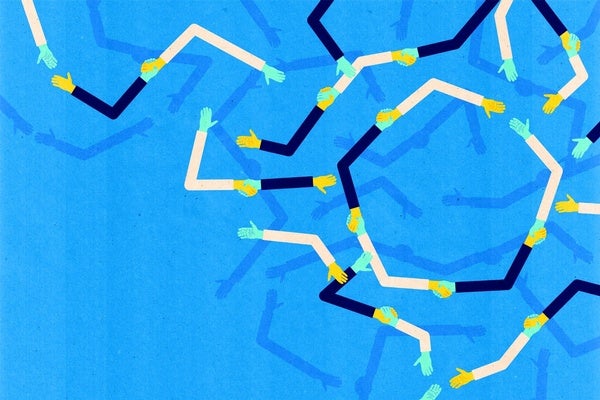 |
| |
| |
| |
| |
| |
| |
| |
| |
| |
| |
FROM THE STORE
 | | Ask the Experts: Physics and Math Scientific American's "Ask the Experts" column has been answering reader questions for nearly two decades. Now, we've combed through our archives and compiled some of the most interesting entries into a series of eBooks organized by subject. In the first of the series – Physics and Math – professors and researchers tackle a wide range of natural phenomena and mathematical concepts from what is antimatter to applications of game theory to what we know about tachyons. |  | | |
| |
LATEST ISSUES
 |
| |
| Questions? Comments?  | |
| Download the Scientific American App |
| |
| |




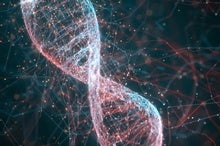






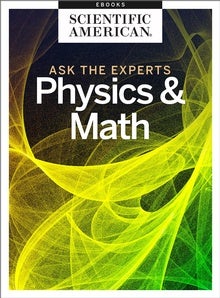



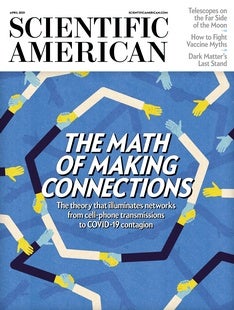

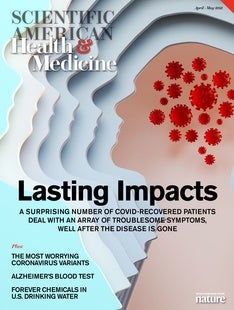
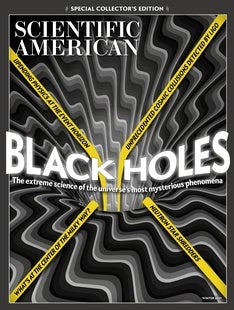
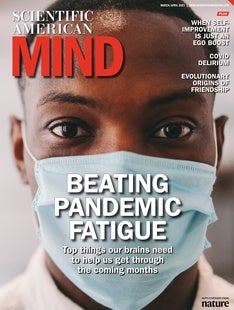



Comments
Post a Comment